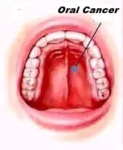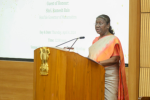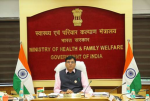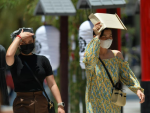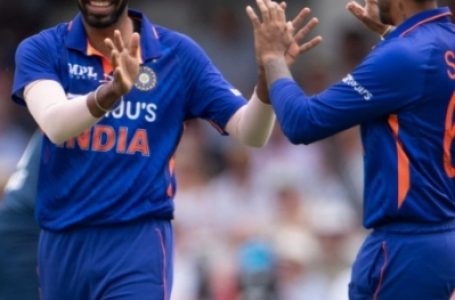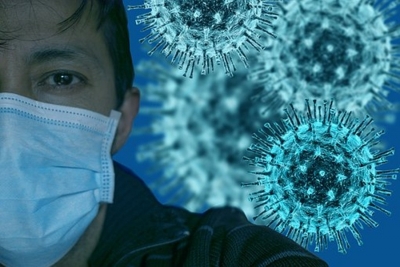
The World Health Organization (WHO) has declared that Covid-19 no longer qualifies as a global emergency, bringing an end to one of the most destructive periods in a century.
The decision has little effect on ground as the era of panic ended over months ago, but it is a significant moment in the struggle against the disease that killed more than 22 million people, forcing people to live in topsy-turvy world for years to come. Dr Tedros Adhanom Ghebreyesus said that the true figure was “likely” closer to 20 million deaths – nearly three times the official estimate – and he warned that the virus remained a significant threat, according to BBC. “Yesterday, the Emergency Committee met for the 15th time and recommended to me that I declare an end to the public health emergency of international concern. I’ve accepted that advice. It is therefore with great hope that I declare Covid-19 over as a global health emergency,” Dr Tedros said. He added that the decision had been considered carefully for some time and made on the basis of careful analysis of data.
Death and devastation
According to the WHO, the death rate dropped from a peak of more than 100,000 people per week in January 2021 to just over 3,500 on 24 April.
India has officially reported 4.43 crore cases and 5.3 lakh deaths due to Covid-19 so far. However, international agencies, including the WHO, contested the figure underscoring that more than six millions people lost lives due to the disease. Globally, the number of infections has crossed 76.5 crore, and caused 69.2 lakh deaths.
Declaration will have little impact on ground
Practically, the WHO’s declaration will have little impact on ground for various reasons. One, a large number of people across the globe got vaccinated with the anti-Covid vaccines. Second, world over people have grown natural immunity. Third, the weak sub-variants of the virus has given a lot of confidence. Furthermore, there are lockdowns and international travels resumed; restaurants, and cinemas started functioning normal. The Indian Express quoting Dr Anurag Agarwal, head of the WHO’s committee tracking the evolution of SARS-CoV-2, said: “At the moment, no practical impact to the common man, but surveillance may stop or reduce greatly. We do need to continue the surveillance. Perhaps an intermediate path,” Dr Anurag Agarwal, head of the WHO’s committee tracking the evolution of SARS-CoV-2. Agarwal was former head of the country’s Covid-19 genomic sequencing consortium.
Pandemic wreaks devastation in India
India witnessed three rounds of coronavirus wave. The government declared the first wave from mid-2020 to around September of that year. Since there was little known about the novel virus, the government kept changing guidelines and protocols for treatment. The second wave was announced in April-May 2021. It saw a large number of cases and deaths over a short period. The surge was driven by the Delta variant that led to deep lung impact and resulted in hospitals overflowing with people in need of oxygen and ventilator support. There was a shortage of medical oxygen as well as vaccines, leading criticism of the Narendra Modi government from several quarters. The third wave, driven by the Omicron variant, was smaller both in terms of hospitalisations and deaths. According to the Indian Express, more than 21 lakh cases reported in a week at the peak in mid-January 2022, but deaths were only about 7,800.
-INDIA NEWS STREAM




